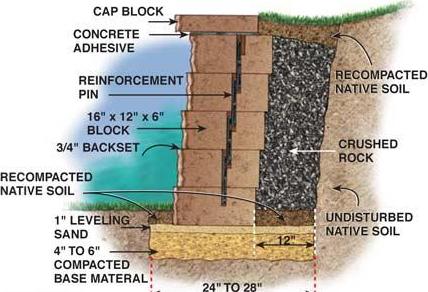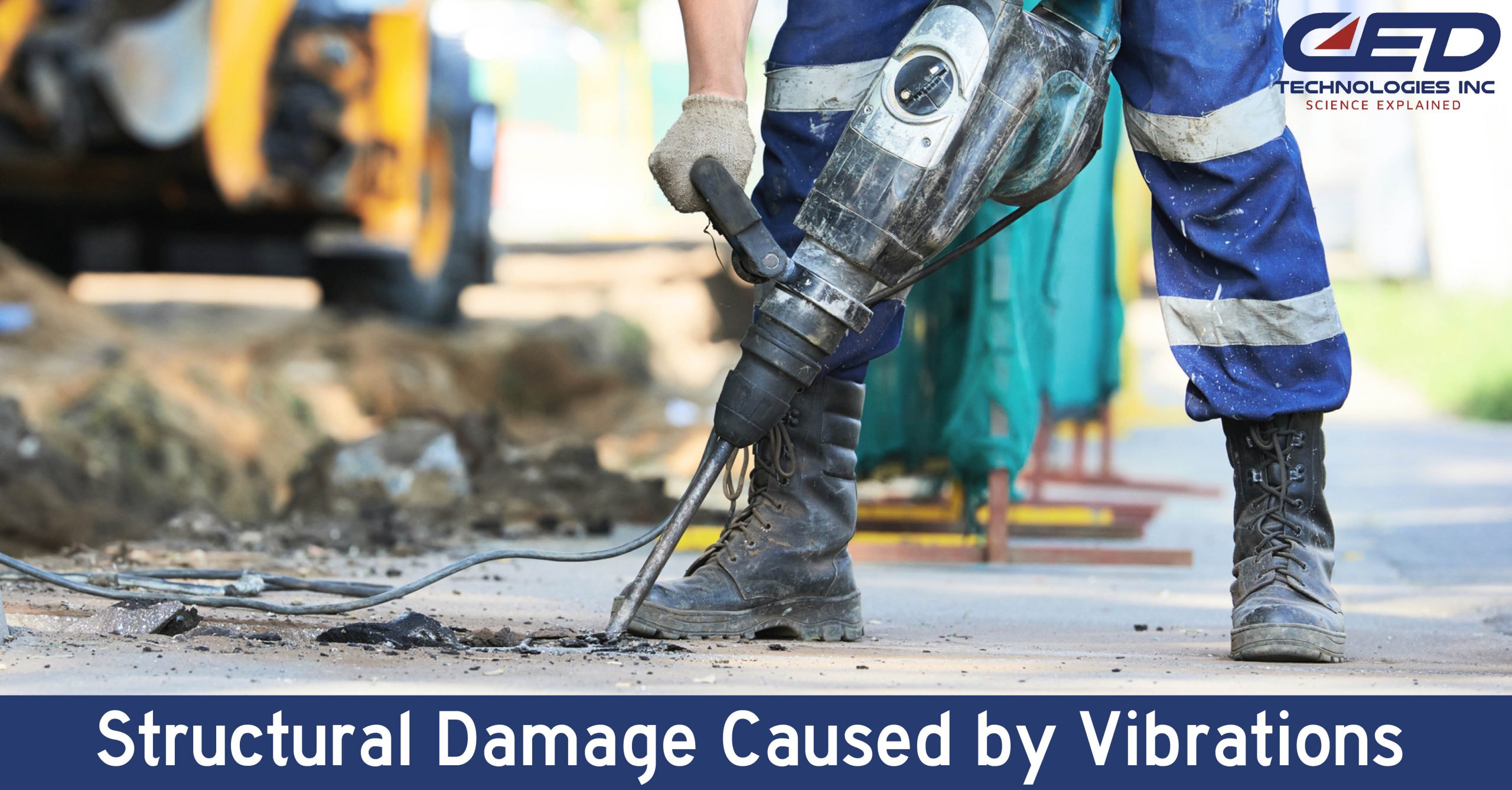
The Difference Between Civil & Geotechnical Engineering
On the Scene E-Newsletter, Edition 95, May 6, 2009
 Geotechnical engineering is a branch of civil engineering that deals with earth materials including soil, rock, and groundwater. As most civil construction projects are supported by ground, geotechnical engineering interfaces with most of the other civil sub-disciplines, such as structural and environmental engineering. Geotechnical investigations differ from civil investigations in that they will often not only include a surface exploration but also a subsurface exploration of a site. One of the many areas of investigations that geotechnical engineers find themselves on involves vibrations.
Geotechnical engineering is a branch of civil engineering that deals with earth materials including soil, rock, and groundwater. As most civil construction projects are supported by ground, geotechnical engineering interfaces with most of the other civil sub-disciplines, such as structural and environmental engineering. Geotechnical investigations differ from civil investigations in that they will often not only include a surface exploration but also a subsurface exploration of a site. One of the many areas of investigations that geotechnical engineers find themselves on involves vibrations.
Although vibrations caused by earthquakes are a consistent danger in certain areas, vibrations caused by man-made efforts can be troublesome as well and are not confined to only earthquake danger zones. Demolition and new foundation work are common sources of vibrations that can have an area affect. The tools and methods used in demolition and construction, such as pile drivers, jack hammers, wrecking balls, pavement breakers and rock blasting, produce vibrations that may be transmitted to and damage adjacent or nearby structures.
As some areas become more heavily developed, construction near existing vibration-sensitive structures become unavoidable. CED geotechnical engineers are gaining popularity as the challenges of avoiding upleasant surprises (before construction) are combined with those of investigating the origin of those surprises (after construction) increase in demand.






